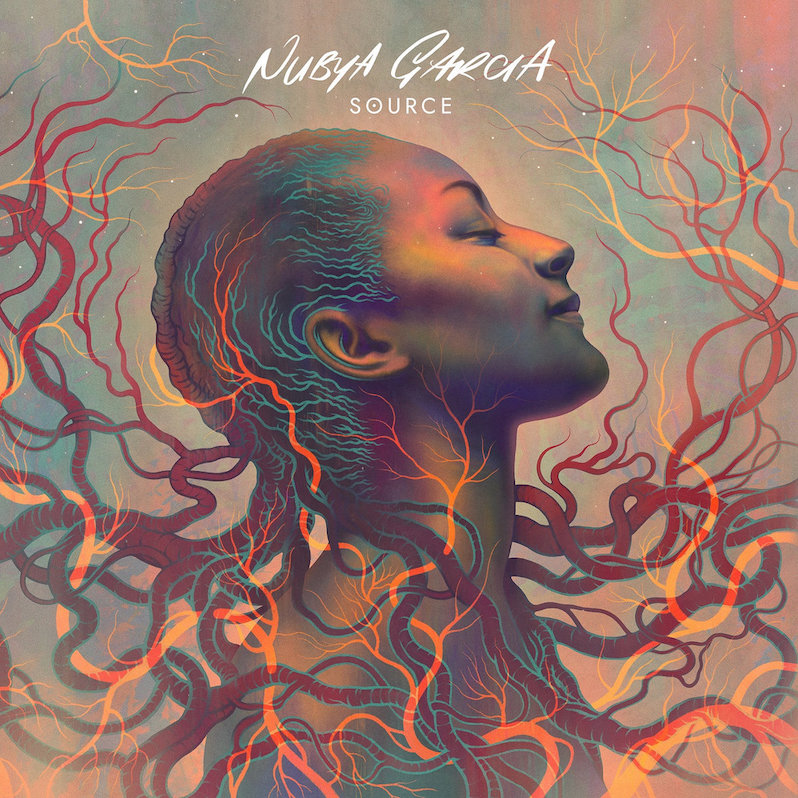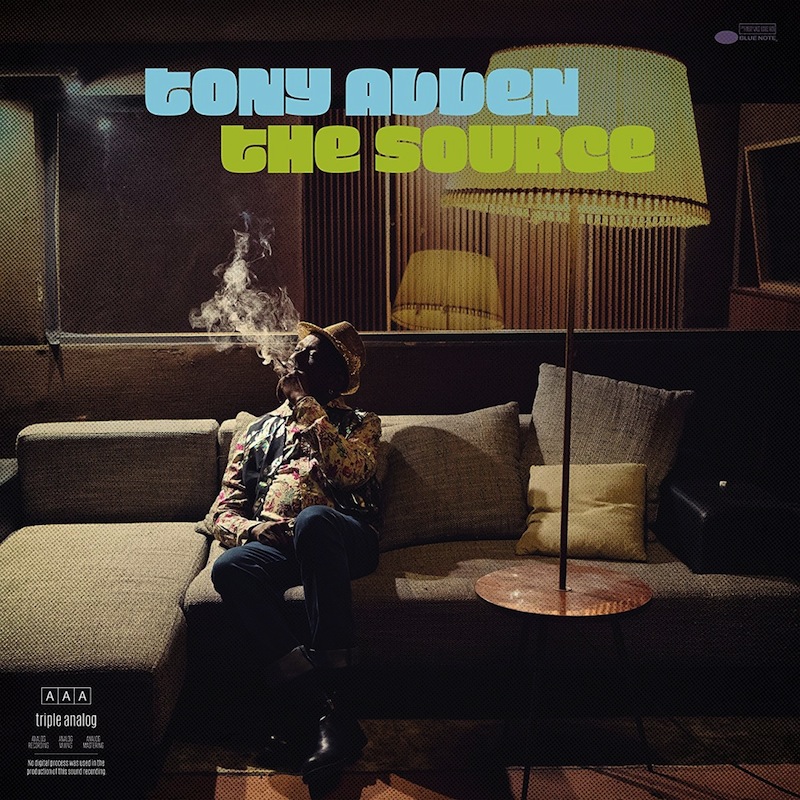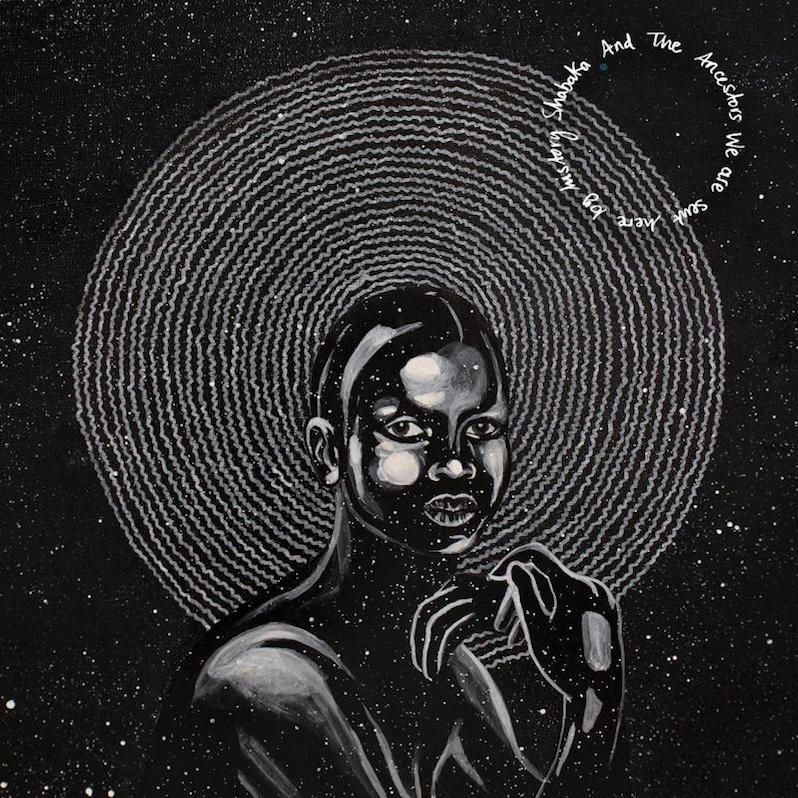Kokoroko : Could We Be More

One of the most curious sensations when listening to a record is that of sunlight. Most music—by which I mean, quite sincerely, most, regardless of genre or style or era of recording or nearly any other factor—feels tailor-made for the night, the moments when the lights of life die down and we are left in the smoldering embers of imagination, lust, desire, pain, sorrow, etc. It is most often in those roiling seas that music seems to want to live; cinema too, in its darkened houses, like plays before them. Jazz especially draws deep from that well of the primordial, the Moon in Tarot and Kabbalah, the purpled starry gate of imagination. So to put on a record, especially a jazz record from Brownswood, and to hear sunlight streaming through the window of the mind? This is an immaculate thing.
Kokoroko, I must admit, is a group I had mixed up with an African group called KOKOKO who I had also written about. I had steeled myself to write about what, to me, was the surprise second album of the Afrobeat/industrial/French house group, only to discover the startling and delightful fusion of highlife and contemporary jazz, not so much Afro-Caribbean jazz as much as the real deal, a London-based but deeply African octet. That initial disturbance of perception triggered a fateful cascade of thoughts. DoomCannon, whose recent record we honored as Album of the Week, was also released on Brownswood and contained deeply nocturnal, borderline bedroom sonic imagery. Sons of Kemet, The Comet is Coming and Shabaka and the Ancestors likewise revolve around similar nocturnalisms, from the heaving stickiness of the earth and the womb to the cybernetic spiritualism of the 21st century. Kokoroko’s work on Could We Be More felt not just like a strong statement of an underappreciated genre in broader Western space, but also one that rightly self-complicated the growing legacy of Brownswood and integrates that modern-legend label into further explorations of Blackness-as-experience.
That Afrobeat is a lively genre is not new in the slightest; it was, after all, ground zero of the inspiration of perhaps Miles Davis’ most ecstatic and wild period, and that was now roughly half a century ago. But that liveliness normally carries the stench of sweat and plantlife, the jass weeds of the early days of the genre, the scent of sex, and more; Could We Be More, however, sticks to the more diurnal senses of dance, ones not so much freed from libido as bound in a simpler joy. These pieces develop a mounting complexity through their overlapping claves and ostinatos, a braid of music, but instead of following the nighttime methodologies of dub and typical afrobeat in saturating the sonic space with reverb and echo, Kokoroko keeps the music tight and crisp. This adds a sense of lightness to the affair, that things are not weighed down, suppressive; the music is no less dense in the melodic sense but the sonic field feels markedly less dense through that lack of saturation. It produces a sensation that this music is ebullient, a wide and beaming smile, rather than the threat, gloom and madness this genre can sometimes conjure.
It’s always a wonder when you see the extended ranks of bands like this only to press play and feel the music drift and dance and dart and play around your ears like gleeful kids. It’s easy to imagine eight people getting noisome, especially considering the relative constancy of their playing, but these are smart compositions, ones that maintain that open sentiment across the span of the record. That this is a debut record is a wonder in that regard; whoever handles the charts and arrangements for this is an ace and if it happens to be a group effort then they are a group well-worth sticking together and developing this further. The record can, at times, be a little short on catching or long-lasting melodies to make this album a mandatory one, but their tremendous acumen makes it more than enough worth the time. There’s no doubt, given both the strength of the material here and the robustness of their peers that Kokoroko will only grow stronger from here.
Label: Brownswood
Year: 2022
Similar Albums:
Langdon Hickman is listening to progressive rock and death metal. He currently resides in Virginia with his partner and their two pets.




